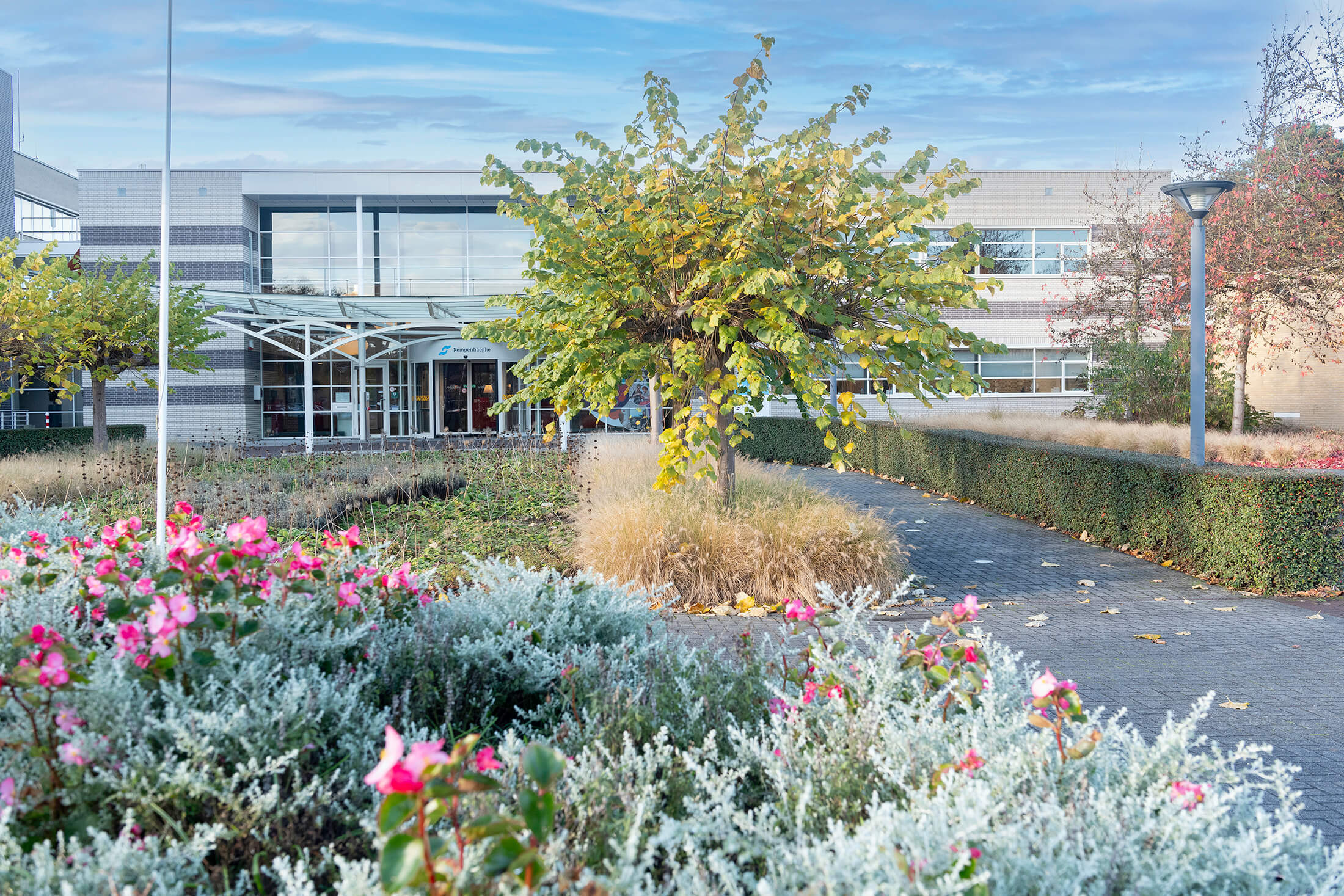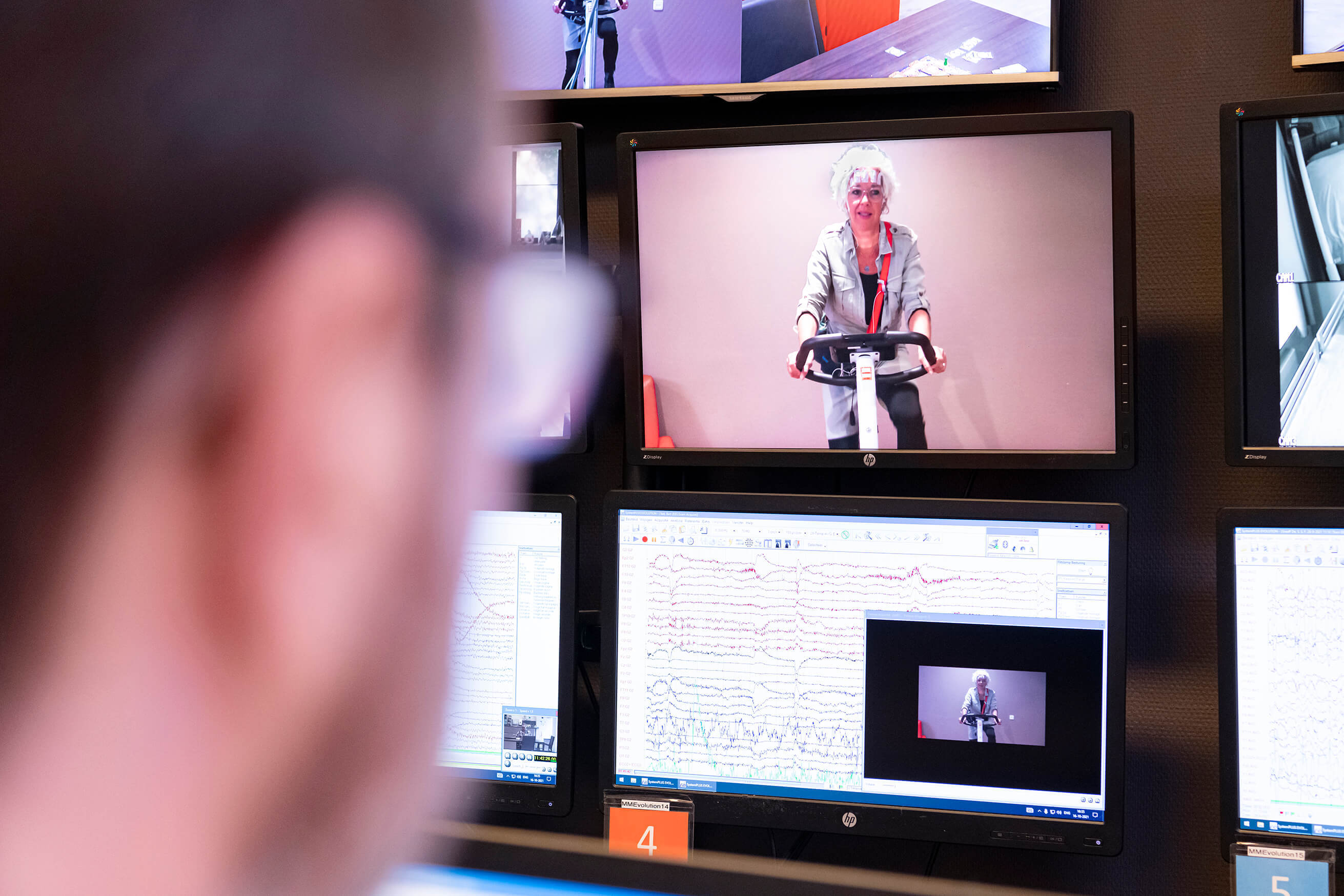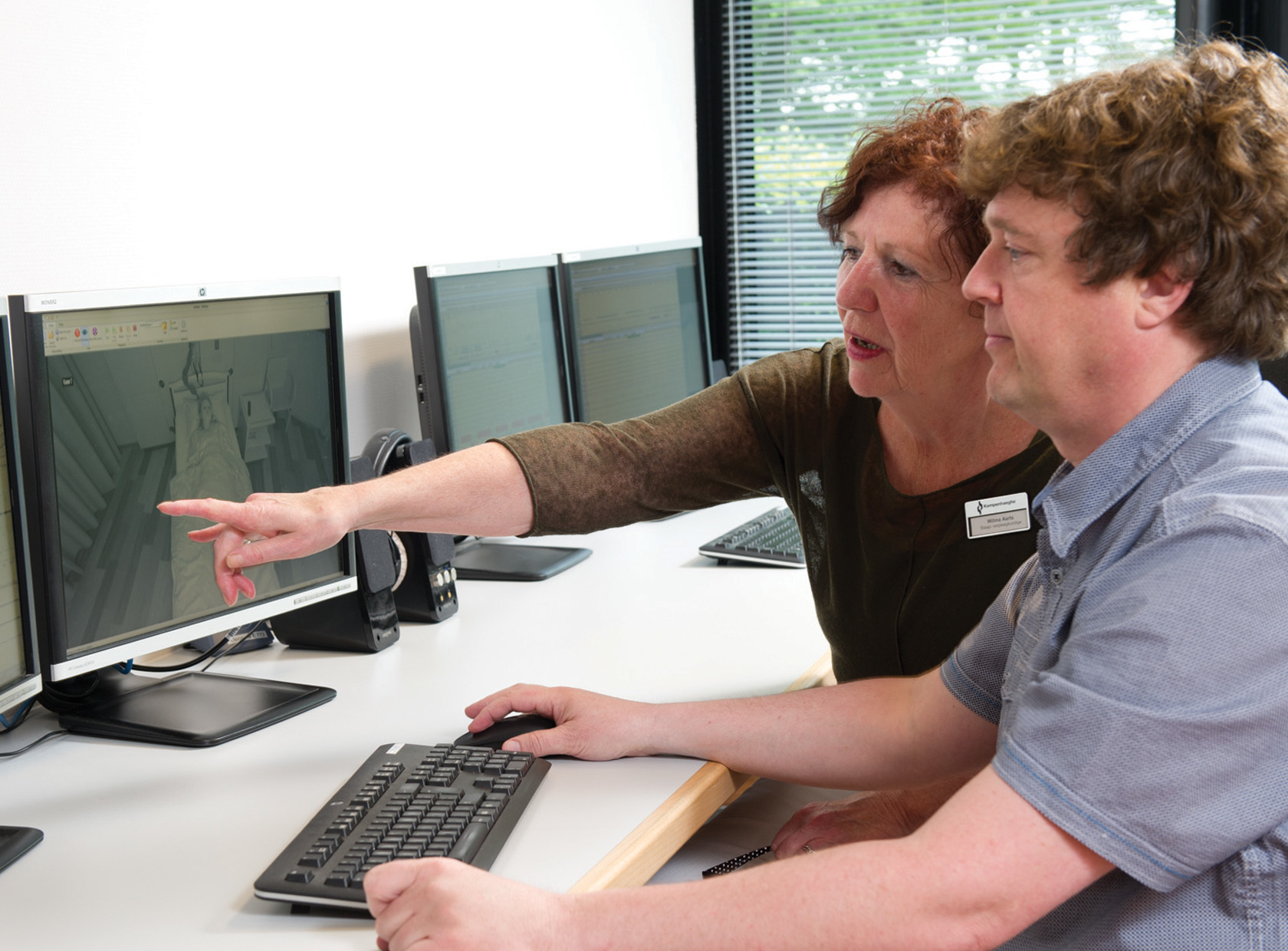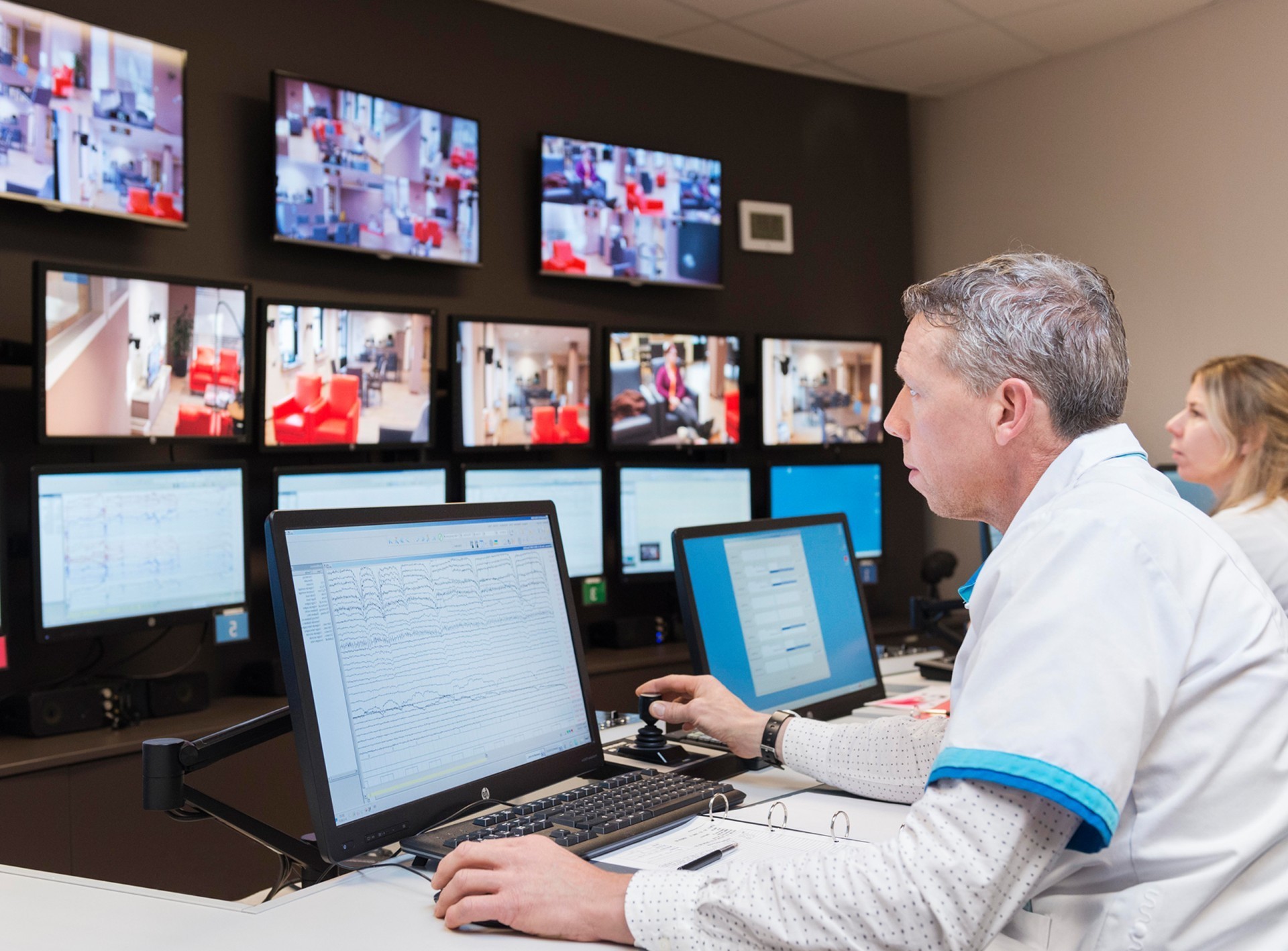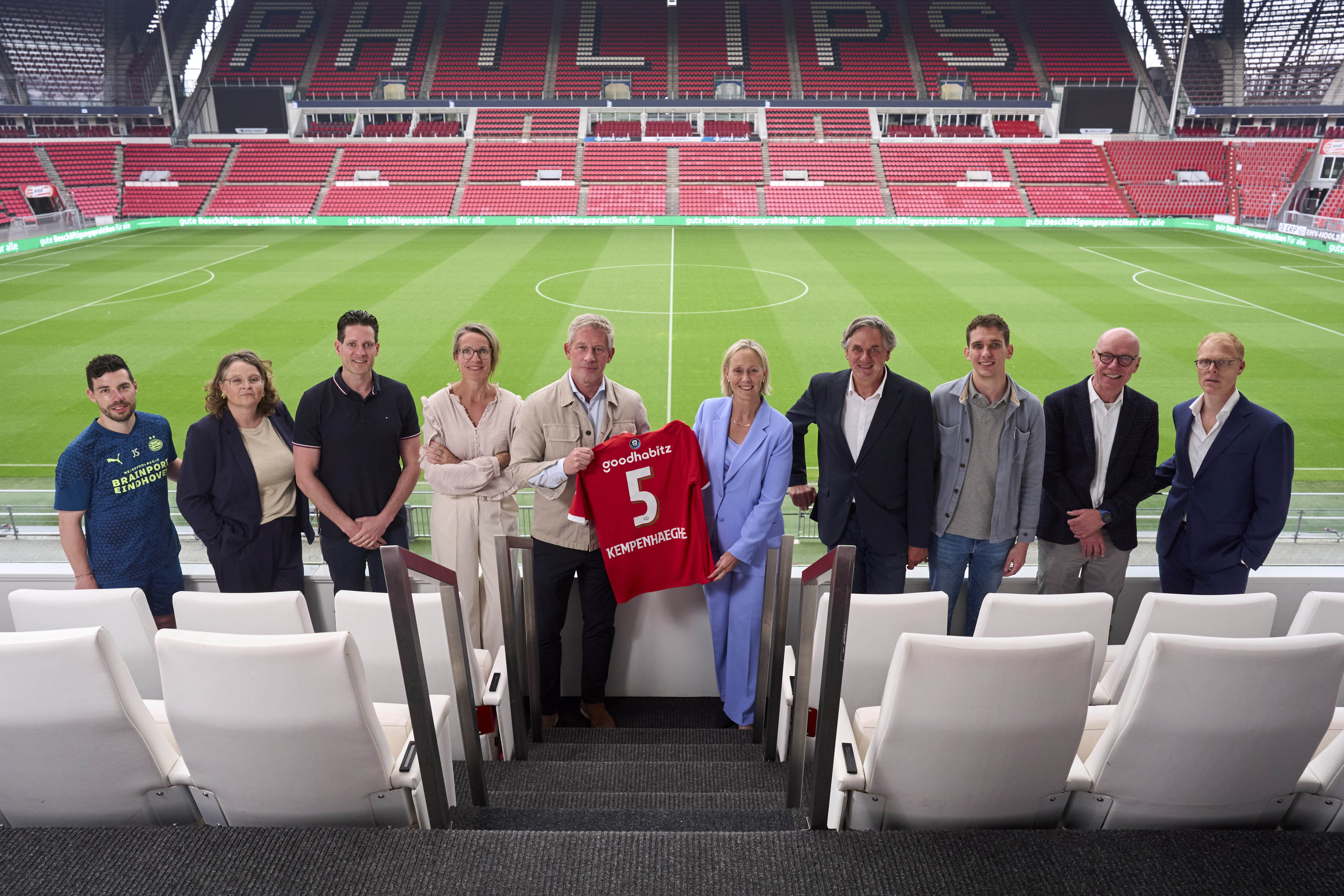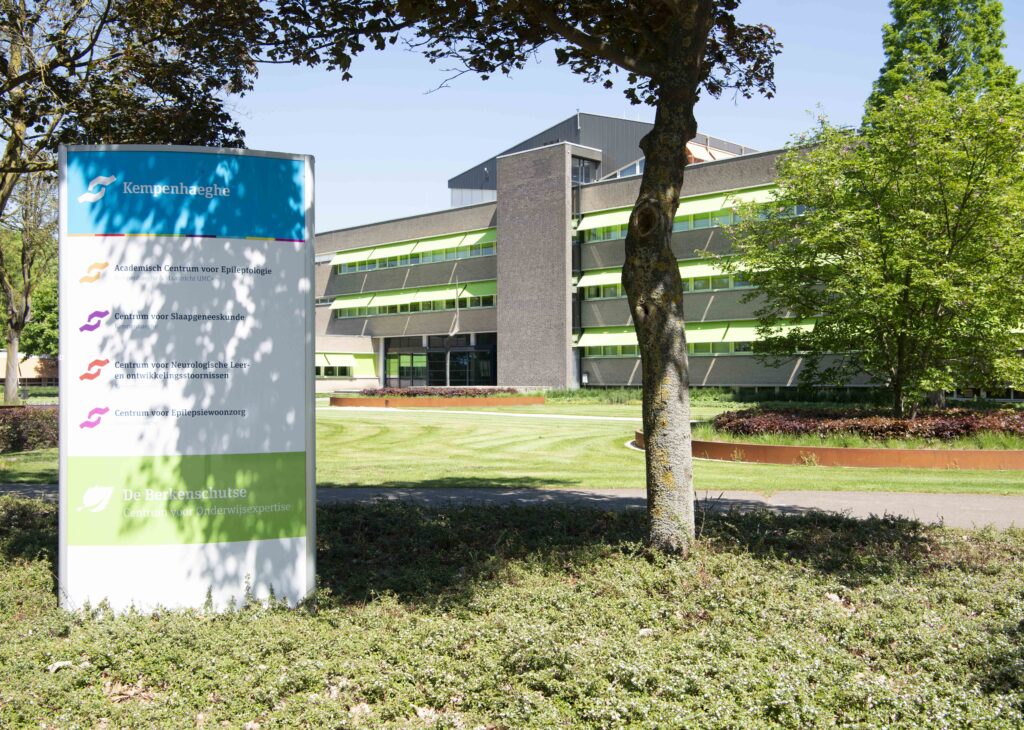
A new perspective
At Kempenhaeghe, we understand that a disease, condition, or disorder can have a profound impact; not only on the patient’s life but also on those around them. That’s why our professionals take the time to truly support patients, students, clients, and their families, ensuring that everyone has the opportunity to find a new perspective.
We go the extra mile to find a solution that helps people move forward, applying all our knowledge and dedication. Each of our professionals contributes their unique expertise, working together to find the best approach. They take the lead in their respective fields, always striving for the highest level of care.
To provide the best care today, we share our knowledge with referrers and specialists both nationally and internationally. And to ensure the best care for the future, we collaborate with leading partners on scientific research. This is how Kempenhaeghe makes a difference.
